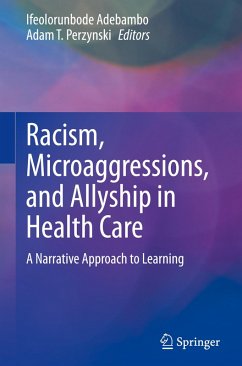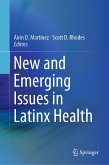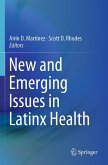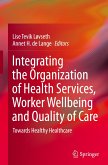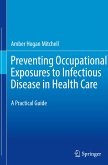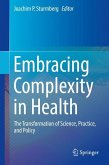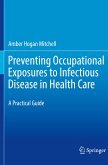This book provides a complete teaching companion that an organization can use to educate on the hard topics of racism, antiracism, microaggressions, bias and allyships. It explores the experience of underrepresented minority trainees and other healthcare professionals with racism and allyship.
Talking about racism is challenging due to the amount of associated pain, suffering and strong emotions. Creating a respectful, open, interactive and safe place to have conversations, teach and learn is paramount in order to produce change in the healthcare environment. Using narratives to facilitate difficult conversations is familiar to healthcare professionals, and with humility reminds us that we are all "patients" that also need healing. Narratives promote self-reflection and have the power to change beliefs and attitudes.
The volume opens with introductory chapters that focus on definitions, historical context and the current climate of racism, bias, microaggressionsand allyship. Narratives are presented in 42 chapters organized by themes of racism, microaggression, allyship, sexism and health equity. Each narrative is an honest representation of real-life encounters within the healthcare system. The narratives include personal experiences of racism in health care, explicit and implicit bias, microaggressions and experiences of anti-racist efforts and allyship. There are clear instructions on how to use the narratives for teaching and to facilitate discussion. Among the book's benefits:
Explicitly includes the perspective of trainees and administration;Engages learners in affective and emotional learning as well as practical and cognitive learning modes;Provides a series of historical cases, consistent with the preferred and traditional learning modality of health professions;Includes an array of activities, tools and learning exercises.
Racism, Microaggressions and Allyship in Health Care is a timely and essential text for medical student and resident training, graduate and undergraduate nursing programs, advanced practice care providers, clinical faculty and staff development, CME workshops, public health programs, and hospital administration. It also is a useful resource for undergraduate pre-medicine programs, structural racism courses, and advanced social science courses (health disparities, medical sociology, inequality, healthcare policy).
Talking about racism is challenging due to the amount of associated pain, suffering and strong emotions. Creating a respectful, open, interactive and safe place to have conversations, teach and learn is paramount in order to produce change in the healthcare environment. Using narratives to facilitate difficult conversations is familiar to healthcare professionals, and with humility reminds us that we are all "patients" that also need healing. Narratives promote self-reflection and have the power to change beliefs and attitudes.
The volume opens with introductory chapters that focus on definitions, historical context and the current climate of racism, bias, microaggressionsand allyship. Narratives are presented in 42 chapters organized by themes of racism, microaggression, allyship, sexism and health equity. Each narrative is an honest representation of real-life encounters within the healthcare system. The narratives include personal experiences of racism in health care, explicit and implicit bias, microaggressions and experiences of anti-racist efforts and allyship. There are clear instructions on how to use the narratives for teaching and to facilitate discussion. Among the book's benefits:
Explicitly includes the perspective of trainees and administration;Engages learners in affective and emotional learning as well as practical and cognitive learning modes;Provides a series of historical cases, consistent with the preferred and traditional learning modality of health professions;Includes an array of activities, tools and learning exercises.
Racism, Microaggressions and Allyship in Health Care is a timely and essential text for medical student and resident training, graduate and undergraduate nursing programs, advanced practice care providers, clinical faculty and staff development, CME workshops, public health programs, and hospital administration. It also is a useful resource for undergraduate pre-medicine programs, structural racism courses, and advanced social science courses (health disparities, medical sociology, inequality, healthcare policy).

